Supported through the EU-funded PALEOPLANT project, a series of genetic analyses of prehistoric seeds have unearthed millennium-old barley on the Canary Islands, shedding light into native Canarian origins.
A recently published study part supported by the EU-funded NEOMILK project has outlined widespread evidence of prehistoric milk production in southern Europe.
New research supported by the EU-funded STILTS and NEUROFAST projects has discovered that individuals who carry variants in a particular gene have an increased preference for high fat food, but a decreased preference for sugary foods.
EU researchers have developed a new system to monitor industrial food processing in real time, an innovation that could have real commercial potential.

EU researchers have developed tools and guidelines to help protect Europe’s spice and herb commodity chains from deliberate, accidental and natural biological and chemical contamination.
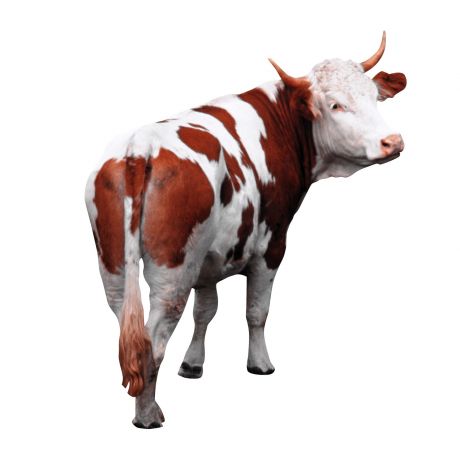
Faced with increasing competition in the food and drink industry from around the world, the EU has risen to the challenge by developing an innovative integrated pasteuriser and homogeniser for fluid foods such as milk and fruit juices.

Nutrigenomics examines the relationship between food and gene expression. The ability to plan diet recommendations based on an individual's genetic profile is an exciting concept recently explored by an EU initiative.
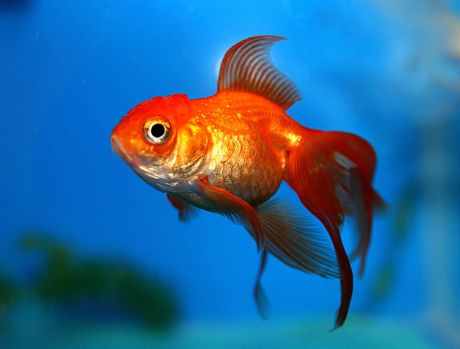
Up to 45 % of fish caught may be discarded due to poor preservation methods. An international team of EU-funded scientists studied post-harvest losses in the fisheries sector in order to help meet the United Nations' (UN) Millennium Development Goals (MDGs) of eradicating hunger and poverty.
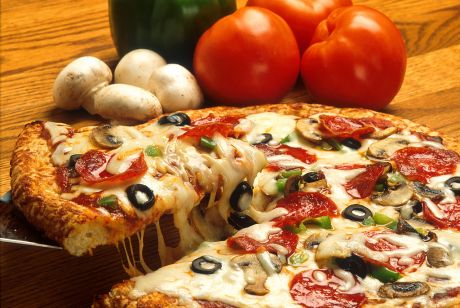
New food products and innovations introduced in the food industry have high failure rates. A better understanding of consumers' needs and improved communication among key players in the food innovation process could help to overcome this.
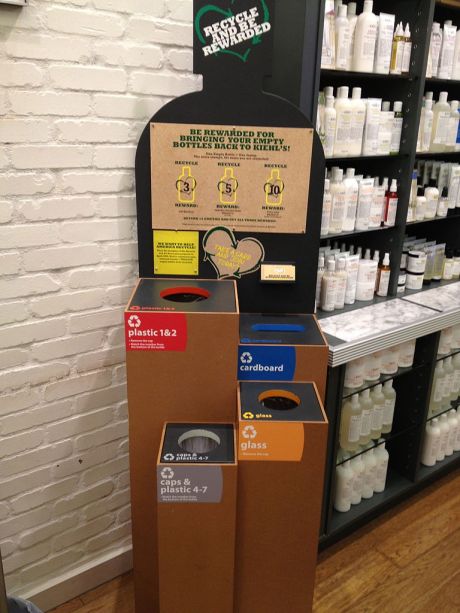
Lowering consumption of our planet's natural resources including generating less waste are global objectives. Even a 5 % increase in use of biodegradable packaging material in Europe could reduce non-renewable plastic waste by over 300 000 tonnes.
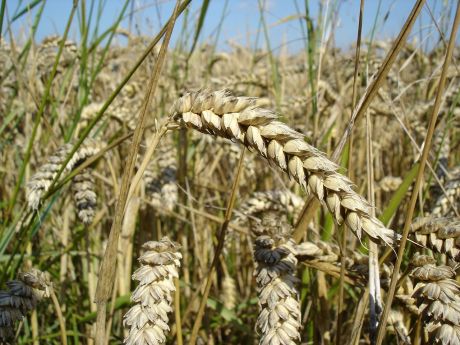
EU-funded plant biologists have developed a biostimulant that increases food production by combating stress and disease in commercial crops. The environment-friendly product comprises a blend of naturally derived biomolecules.

Zinc levels may soon be boosted in staple crops like rice by harnessing a zinc-binding mechanism that helps plants absorb this essential micronutrient from soil.
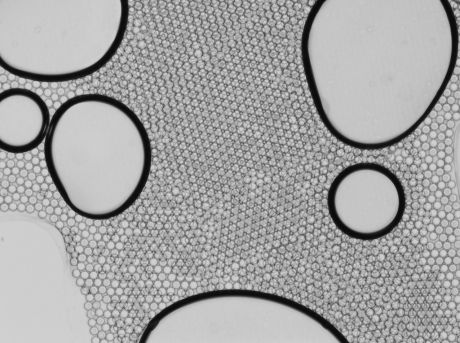
Emulsion-based food products show tremendous promise because of their health and economic benefits. An EU initiative developed instant emulsions for the food sector that provide healthier products while minimising various costs.
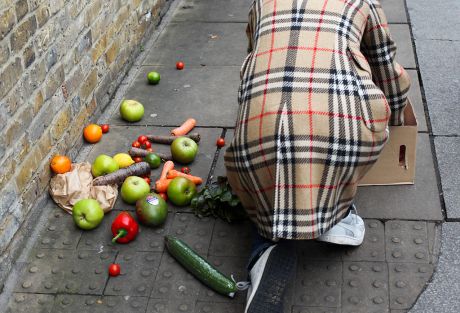
Water and chlorine are widely used to clean our fruits and vegetables at the industrial level. Too much water is wasted and the safety of chlorine usage is questionned.
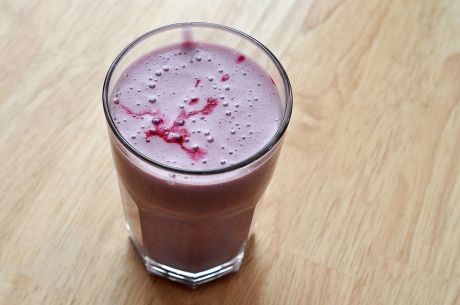
Previous EU-funded projects have advanced concepts, tools and infrastructures aimed at encouraging Europeans to follow healthy dietary guidelines and recommendations. A current initiative will promote these campaigns together with small and medium-sized enterprises (SMEs) to combat poor health and unhealthy ageing.
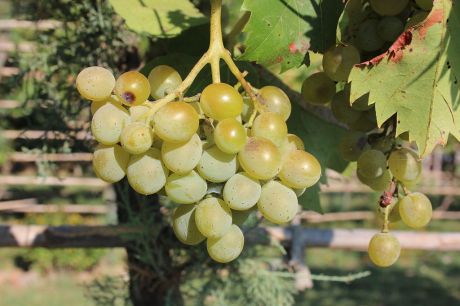
Researchers have discovered new molecular signals of ripening in grapes and taken steps towards understanding how different genes control this process.

Food is part of our cultural heritage, but the incidence of food intake-related disorders such as obesity and diabetes is on the rise. EU funding is supporting an investigation of factors involved in our food choices and its impact.
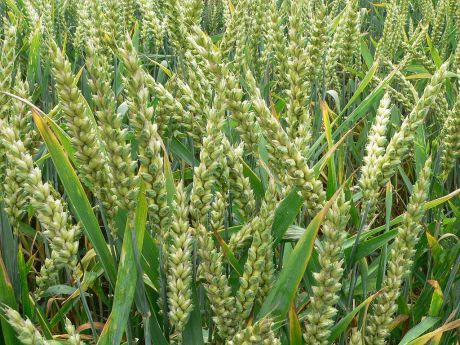
Information on the genes that control wheat flowering time may soon enable breeders to manipulate the precise time that their crops flower for maximum yield.

A huge boost to fruit grading is imminent thanks to research into rating internal quality without physically invading the flesh. To achieve this, scientists are using equipment more at home in a hospital or laboratory.

A new decision-support tool for manufacturing ready-to-eat foods promises to help smaller businesses better manage food safety issues such as spoilage and contamination.

EU researchers are conducting large-scale trials and genetic research to find barley and wheat that can produce high yields while remaining environmentally sustainable.
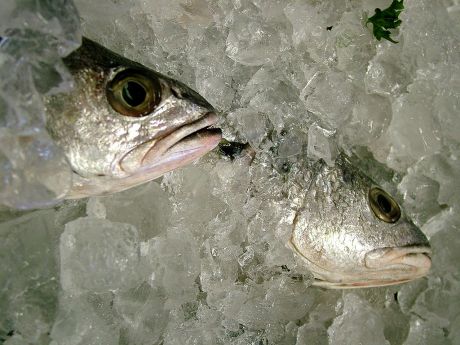
Novel energy-efficient equipment to make ice aboard fishing vessels will help keep fish fresh and support the European fishing industry.
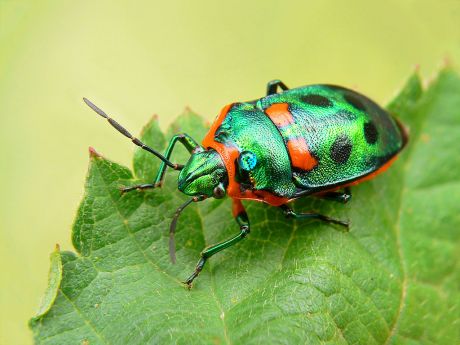
Researchers are exploiting insects as a cheap, environmentally friendly protein source for animal feed and human nutrition as alternatives to today's plant and fish proteins.
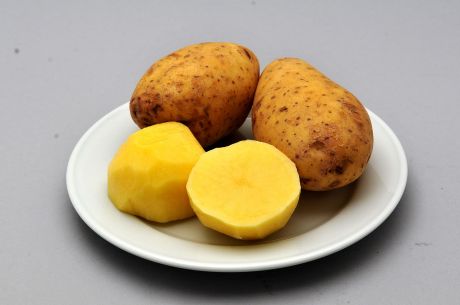
An EU research project has investigated natural soil microorganisms from the Andean highlands to improve potato-growing productivity in rural Andean communities.
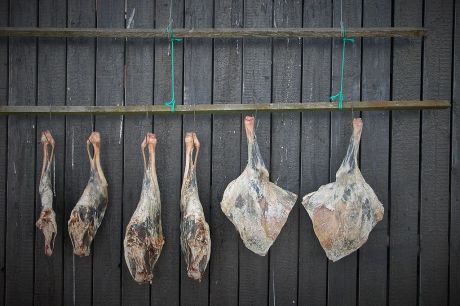
European consumers may soon benefit from healthier, high-quality dried meat products with reduced salt content through an innovative salting process.




















